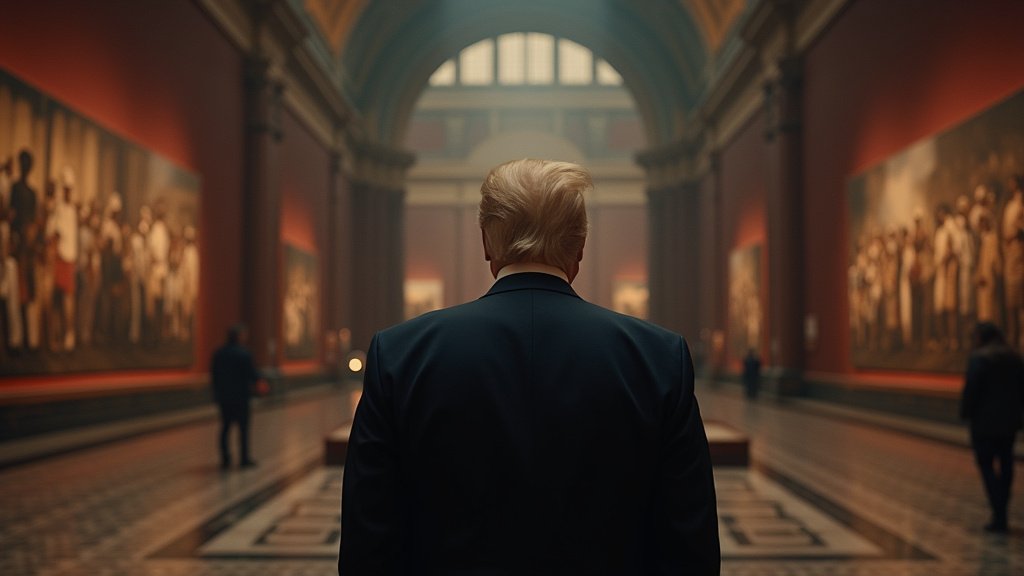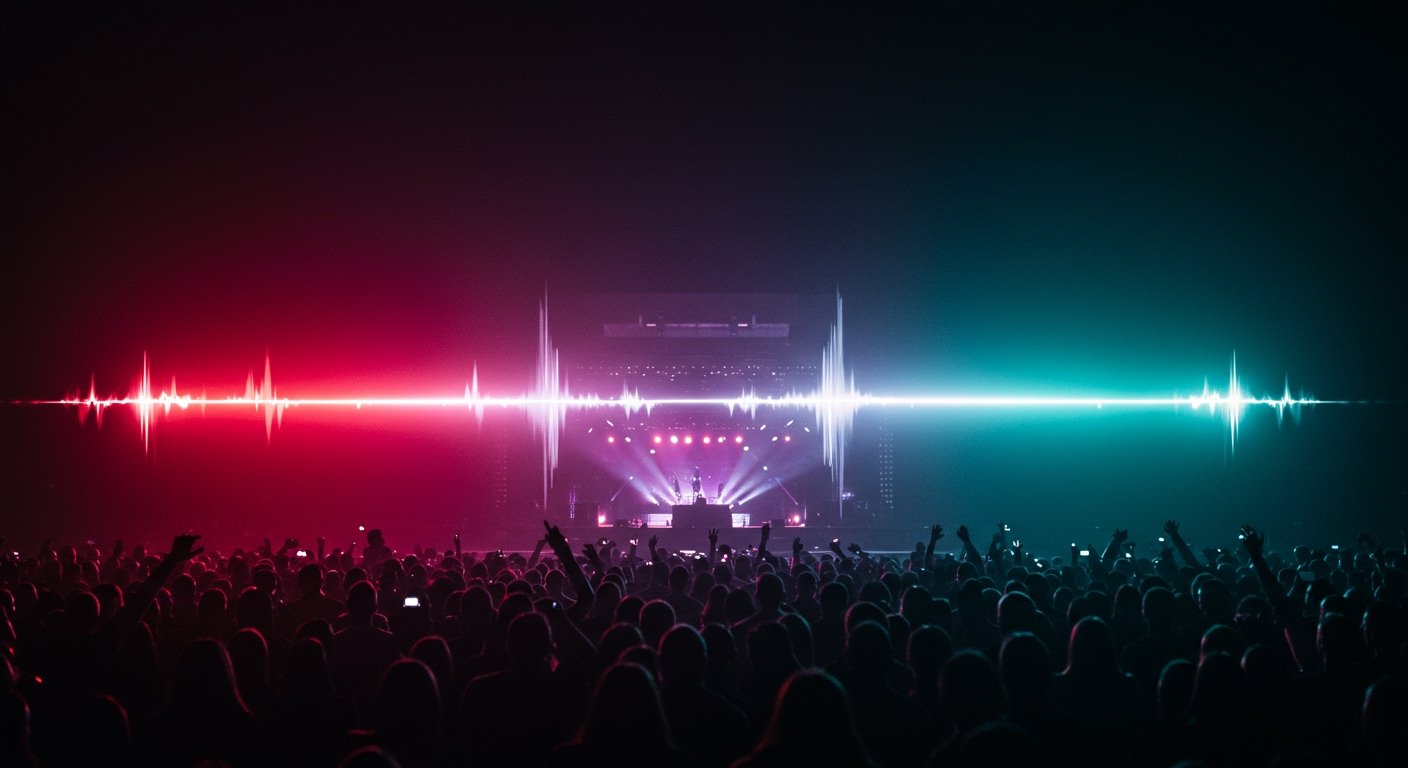Bruce Springsteen, the revered 75-year-old American rock legend currently traversing Europe on tour, has once again become a central figure in the collision of American culture and politics through his recent public criticism of former President Donald Trump.
This latest friction marks a significant moment, reigniting a long-standing tension between the artist known for chronicling the American experience and the populist leader who reshaped the nation’s political landscape. Springsteen, who had largely maintained a public distance from directly addressing Trump since his presidency ended, broke that relative silence following Trump’s recent primary victories.
On Tour, A Political Stand
During a concert in Manchester, U.K., on May 14, Springsteen delivered pointed remarks from the stage that directly targeted the former administration. His performances on the current European tour have intermittently included these explicit critiques, signaling a renewed engagement with the political fray.
Springsteen did not mince words in Manchester, stating unequivocally that “The United States is in the hands of a corrupt, incompetent and traitorous administration.” He further characterized the state of the country as undergoing a “democratic emergency,” a stark warning delivered to his international audience.
These powerful statements, captured and subsequently shared through videos on Springsteen’s social media platforms, quickly reverberated across the Atlantic.
Trump’s Digital Counterstrike
The former president was quick to respond through his preferred digital channel, Truth Social. Donald Trump unleashed a series of harsh personal attacks against the musician, labeling Springsteen “overrated,” “obnoxious,” “dumb as a rock,” and a “dried out prune.”
Beyond the verbal volley, Trump also shared an edited video that depicted him hitting a golf ball, with the visual effect making it appear as though the ball then strikes and knocks Springsteen off a stage. This digital counterstrike underscored the intensely personal nature of the political rivalry.
Artistic Response: “Land of Hope & Dreams”
In response to the escalating exchange and perhaps as a broader commentary on the political climate, Springsteen released an album titled “Land of Hope & Dreams.” This musical and spoken-word project features recordings of his recent politically themed speeches, three politically themed songs, and a poignant version of Bob Dylan’s iconic civil rights anthem, “Chimes of Freedom.”
The album serves as a distillation of Springsteen’s contemporary political voice, channeling his concerns into his art form, a practice that has defined much of his extensive career.
Five Decades of Critical Patriotism
Springsteen’s willingness to engage politically is not new; it is deeply woven into the fabric of his work over five decades. He has long practiced a form of critical patriotism, celebrating the potential and spirit of America while simultaneously challenging its failures and contradictions.
Instances of this engagement are numerous and well-documented throughout his career. His response to police protests surrounding his powerful song “American Skin” demonstrated his willingness to tackle sensitive social issues. His performance of “My City of Ruins” in the wake of the September 11th attacks captured the nation’s grief and resilience.
His “Springsteen on Broadway” show, which ran from 2017 to 2018, was widely interpreted as a direct artistic reaction to Donald Trump’s initial presidency, offering a personal reflection on American identity and values during a tumultuous political period.
Even earlier, his seminal 1984 album, “Born in the USA,” though often misunderstood, was a complex examination of the struggles of working-class Americans and Vietnam veterans, offering a nuanced critique beneath its anthemic surface.
Furthermore, Springsteen’s interpretation of Woody Guthrie’s enduring folk standard, “This Land is Your Land,” is particularly telling. He has described his take on the song not merely as a celebration of the country as it is, but as “A promise of what our country should be,” encapsulating his belief in America’s unfulfilled potential and the ongoing struggle for its ideals.
This history underscores that the recent exchange with Donald Trump is not an isolated incident, but rather the latest chapter in Bruce Springsteen’s career-long dialogue with the soul of America, a dialogue that continues to resonate both on stage and in the political arena.












